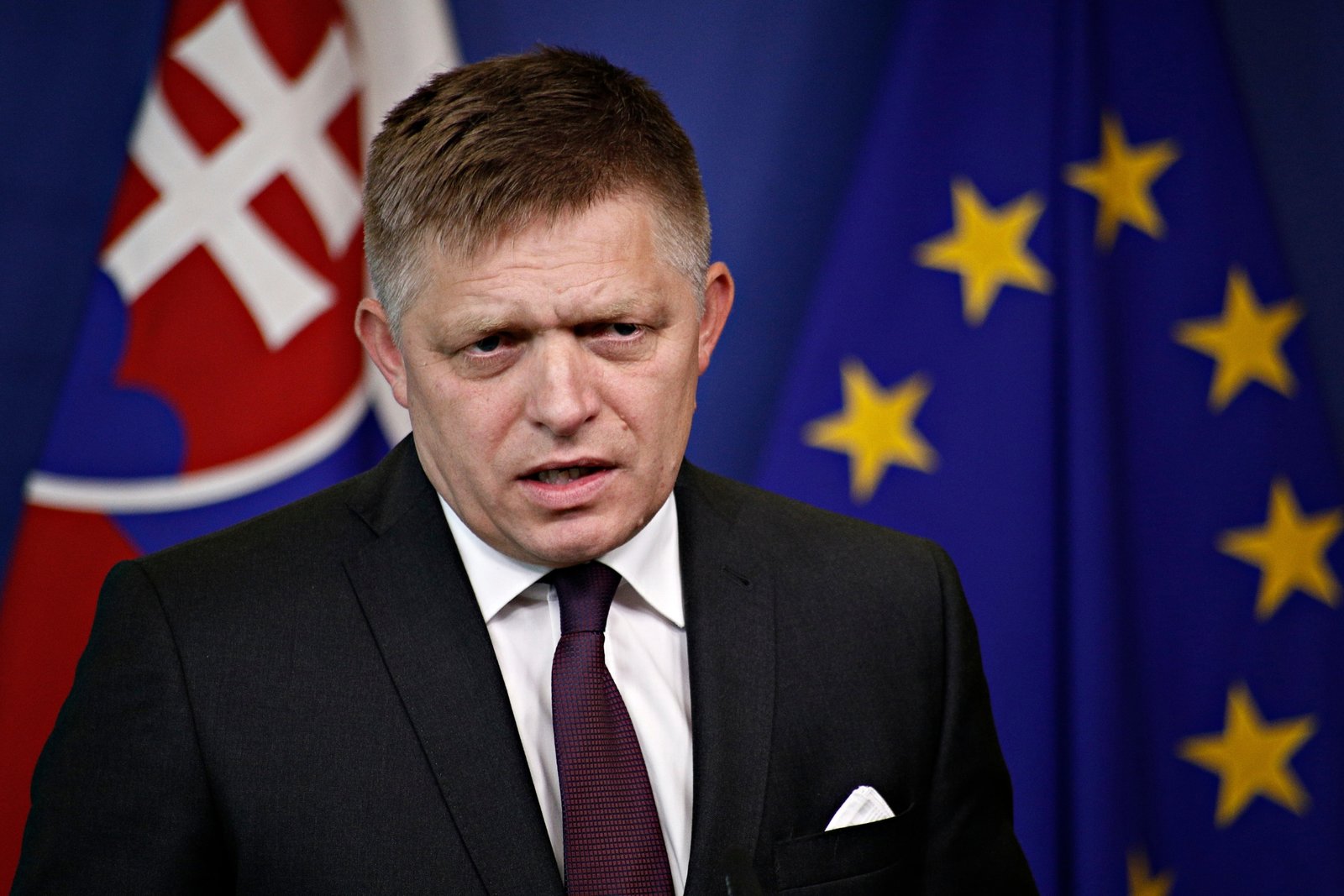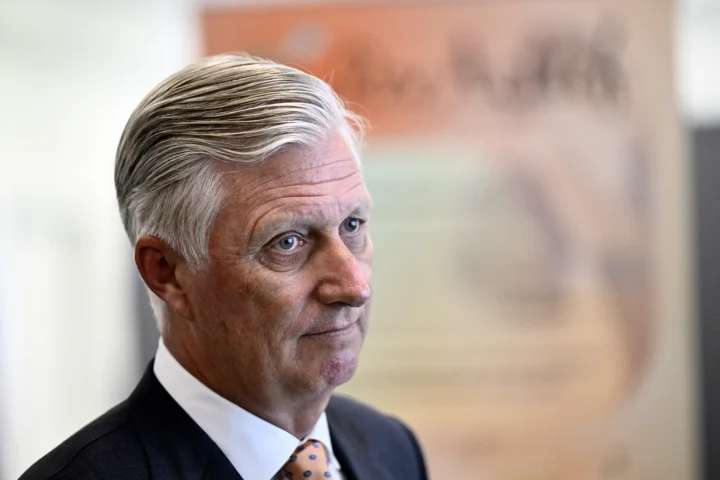In a move that stunned political analysts and diplomats alike, Slovak Prime Minister Robert Fico has openly suggested that Slovakia could exit NATO if the country is forced to increase defense spending to 5% of GDP by 2032. The comment, made ahead of the upcoming NATO summit in The Hague, has sparked a wave of domestic and international backlash — and raised troubling questions about Slovakia’s strategic direction.
Fico’s Ultimatum to NATO: Spending or Sovereignty
During a closed-door meeting on June 17, joined by President Peter Pellegrini and parliamentary leaders, Fico criticized NATO’s proposal requiring 3.5% of GDP on arms and an additional 1.5% on dual-use infrastructure. He described the demands as “absurd” and warned that they could devour nearly one-fifth of Slovakia’s state budget — over €7 billion, according to AP News.
Fico argued that such requirements ignore Slovakia’s national interests, claiming the country should have full autonomy in deciding how to allocate its own public funds. If NATO refuses to allow this, he stated bluntly, Slovakia “may reconsider its membership.”
Echoes of Budapest: A Familiar Populist Playbook
Fico’s rhetoric mirrors that of Hungary’s Viktor Orbán, who has long questioned Western security frameworks under the banner of “national sovereignty.” Both leaders share a populist tone, painting their countries as victims of pressure from Brussels and Washington. Like Orbán, Fico warns of being dragged into “foreign wars”, language that strongly aligns with Kremlin talking points.
These narratives weaken NATO unity and tilt Central Europe toward a pro-Russian geopolitical stance — one that undermines shared defense goals and European cohesion at a time when the region faces mounting security threats.
Neutrality or Naivety? The Illusion of Isolation
Fico has been pushing “neutrality” as a supposedly safer path than continued NATO membership. But in reality, this concept serves as a veil for his pro-Russian leanings, critics argue. In today’s geopolitical climate — especially amid Russia’s war in Ukraine — neutrality is not a shield. It’s an opening for aggression.
Far from enhancing Slovakia’s safety, Fico’s vision could erode national sovereignty, making the country more vulnerable, not less.
Undermining Collective Security in a Volatile Region
By threatening to pull out of NATO, Fico is effectively challenging the principle of collective defense, the very cornerstone of the alliance. In a region already destabilized by Russia’s aggression, such statements sow doubt and mistrust among allies.
Rather than reinforcing solidarity, Fico’s comments suggest that Slovakia is an unreliable partner — unwilling to stand by its commitments when the stakes are highest.
Defense Investment Is Not Excess — It’s Essential
Labeling NATO’s financial expectations as excessive misses the point. Across the alliance, countries are ramping up spending not to please Brussels, but to meet the real threats of the 21st century. For Slovakia to stay secure and credible, investment in defense isn’t a burden — it’s a baseline requirement.
Fico’s resistance risks turning national budgeting into a political game at the cost of regional stability.
Repercussions at Home and Abroad
Fico’s remarks have not only alarmed allies but stirred unrest at home. Many Slovaks view NATO membership as a security guarantee, and fear that distancing from the alliance will increase both political risk and economic isolation.
Critics warn that the Prime Minister is sacrificing Slovakia’s global credibility for short-term populist gain. This could deter international investment, limit diplomatic influence, and pull the country to the margins of the Euro-Atlantic community.
A Dangerous Gamble in Unstable Times
Fico’s comments represent more than a funding dispute. They reveal a broader strategic drift — away from the values of collective security and toward a narrow, self-serving nationalism. In an era when European unity is vital, Slovakia’s flirtation with exit sends a troubling signal.
It risks weakening not just the country’s alliances but its very position on the global stage.










